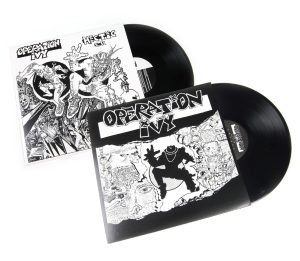GENRE: Pop/R&B
LABEL: Atlantic
REVIEWED: 17th September, 2025
Ed Sheeran’s eighth studio album, Play, presents itself as a mix of half-hearted ambition and predictable comfort. While there are flashes of the hit-making formula that has defined his career, the record ultimately feels uninspired, leaving the sense that Sheeran is no longer pushing himself creatively.
The Sheeran who once charmed audiences with pub-bred honesty and heartfelt ballads now seems to be coasting. Play is riddled with overused metaphors of stars, explosions, and heaven—recycled imagery that listeners can spot within the first few tracks. Where earlier records revealed Sheeran’s risk-taking side—dabbling in grime, dancehall, and even eccentric collaborations—this new work suggests a withdrawal, as if the drive that propelled him into global superstardom has faded.
This sense of fatigue is not accidental. In recent interviews, Sheeran himself admitted that pop music demands youthful energy and relentless ambition, qualities he no longer feels compelled to maintain. Instead, he prioritizes family life, a sentiment that, while admirable, echoes faintly hollow in the context of Play, which seems torn between preserving chart dominance and retreating from it. His previous albums, including 2023’s – and Autumn Variations, struggled commercially compared to his earlier dominance, and Play sounds like a recalibration—a safer effort, leaning on familiar territory.
The album’s opener, Opening, teases the possibility of something more reflective. Beginning with a soft folk progression before detouring into awkward rap cadences, Sheeran admits doubts about his career trajectory, hinting at estrangement, risks, and uncertainty. It sets up the promise of an introspective project, but this promise remains largely unfulfilled. Instead of deep exploration, the record lapses into sentimentality and surface-level narratives.
Take Old Phone, for example. The song recounts Sheeran’s discovery of a decade-old device, cataloging its contents in literal detail: lost friends, past relationships, and bittersweet memories. While the premise could serve as a poignant meditation on time and loss, the delivery lacks nuance, leaning more toward diary entry than lyrical art. Similarly, Camera revisits well-trodden romantic clichés, reworking themes from his earlier hit Photograph. Lines about eternal memory and beauty-in-flaws echo familiar tropes rather than offering fresh insights.
Even the album’s more buoyant tracks feel strained. Where Sheeran once balanced “wedding song” tenderness with global crossover ambition, the execution here lacks the verve of his peak hits like Shape of You or Bad Habits. The energy is muted, the risks minimal. For the first time, Sheeran sounds like the calculating pop star he long avoided becoming—someone more concerned with maintaining relevance than reinventing himself.
Still, Play is not without merit. His ear for melody remains sharp, and a few tracks are undeniably catchy, destined for playlists and radio. Longtime fans will find comfort in his familiar warmth, and the record’s themes of memory, family, and enduring love are sincere. Yet sincerity alone does not substitute for creativity.
In the end, Play captures Sheeran at a crossroads: a superstar torn between his desire to step back and his compulsion to stay on top. The result is an album that is polished but uninspired, reflective yet shallow—proof that even the most reliable hitmaker can sound weary when the passion fades.




